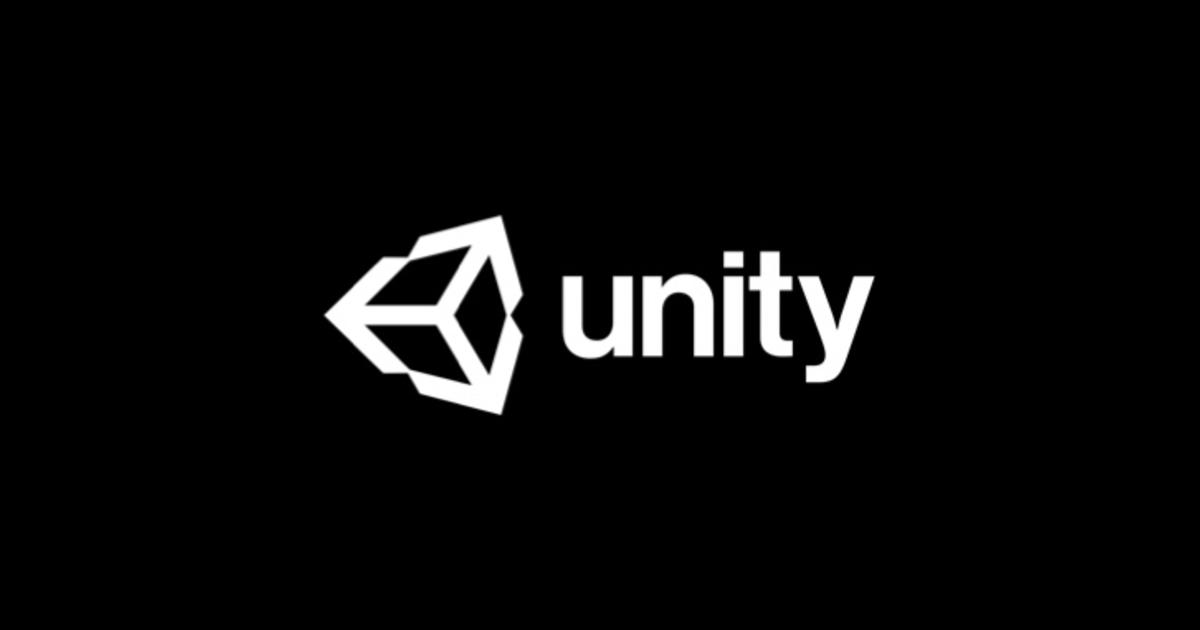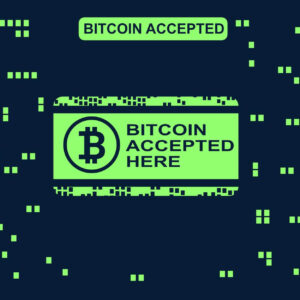Nowadays, there are a plethora of game engines on which you can launch your project, each having unique and helpful features to simplify this work. Among the most widely used are Unreal, Unity, Godot, etc. In this article, we’ll be talking about Unity as a platform with the lowest entry threshold, free, and functional enough to let you implement all the features.
With a lot of benefits onboard, Unity has proved itself as an all-in-one reliable solution for studios to develop their games. Beyond question, it’s not deprived of flaws and doesn’t provide supreme graphics quality like Unreal Engine 5, but its functionality covers the needs of AA games, which is good news for each Unity game development studio.
The Functionality of the Unity Game Engine
What is a game engine, after all? Simply put, it’s a platform that provides a bunch of tools to create video games, integrate 2D or 3D assets from other pieces of software, as well as combine everything into one solid product. Studios use such to build their games inside a unified and develop-friendly environment where they can build their product brick by brick.
According to statistics, the revenue of Unity Software Inc. has been increasing since 2018, reaching its peak in 2021, having hit almost $710m. Although this game engine is free, studios pay for using it once the revenue of their game reaches $100k. Therefore, the functionality of Unity allows you to develop any type of game, from casual 2D mobile games to AA large-scale action RPGs with an open world. Everything depends on the budget.
Benefits of Using Unity
Unlike other game engines, Unity unquestionably offers decent value, being an excellent golden mean in terms of performance, quality, and knowledge required to learn its features as well as developer interface. Hence, it’s crucial to point out the most distinguishable advantages. What are the primary benefits of opting for Unity as your main game engine?
- Cross-platform development. Today the ability to create games optimized for a broad spectrum of platforms is a valuable feature, and Unity allows you to develop software for PC, PlayStation, iOS, Android, Mac, etc.
- Decent graphics. Although Unity doesn’t ensure the best computer-generated imagery (CGI) in the world, it enables you to build games with stunning VFX and manipulate high-poly assets.
- Supportive community. With Unity, your developers won’t likely get stuck with debugging issues for too long because there’s a helpful documentation web page, multiple published tutorials, as well as an easy-going community.
- Huge asset store. You can find almost anything on the official Unity Asset Store, no matter whether you look for free or expensive assets for your game.
- Relatively low entry threshold. Thanks to a user-friendly interface and many plugins, Unity is a comparatively straightforward game engine for beginners or middle developers, so you can save costs on keeping senior coders in-house.
What Else Should You Know About Unity?

Another aspect of being aware of is team building. Irrespective of how functional Unity is, the developer team is a far more significant asset. That’s why you should answer the question of how you can approach your game development. Are you going to complete a project using only in-house forces, extend your team, or outsource it all to professionals? For instance, the game development company Game-Ace is an excellent candidate to create your game on time.
Taking advantage of game development outsourcing services, you can considerably quicken the pace at which your project moves to its destination, optimize the resources spent on it, and create a quality product with the best player experience possible. Fortunately, Unity has all the functionality necessary to implement any feature, from XR to mobile gaming.
- How To Create A Safe And Comfortable Home Environment For In-Home Care In Boca Raton? - July 16, 2024
- 10 Trendy Black Nail Ideas To Elevate Your Nail Game - May 6, 2024
- Getting A Free Divorce In Virginia? Here’s What To Expect - April 24, 2024





No Comments